Women Love Tech Publisher Robyn Foyster recently attended the launch of networking group AllBright. The stylish event held at Linseed House at The Grounds of Alexandria, Sydney, was hosted by London-based Debbie Wosskow OBE – who jointly founded the women’s networking company with Anna Jones in 2016. Debbie is a British entrepreneur and former CEO of Love Home Swap, a subscription-based home exchange business and Anna served as CEO of Hearst Magazines UK until April 2017.
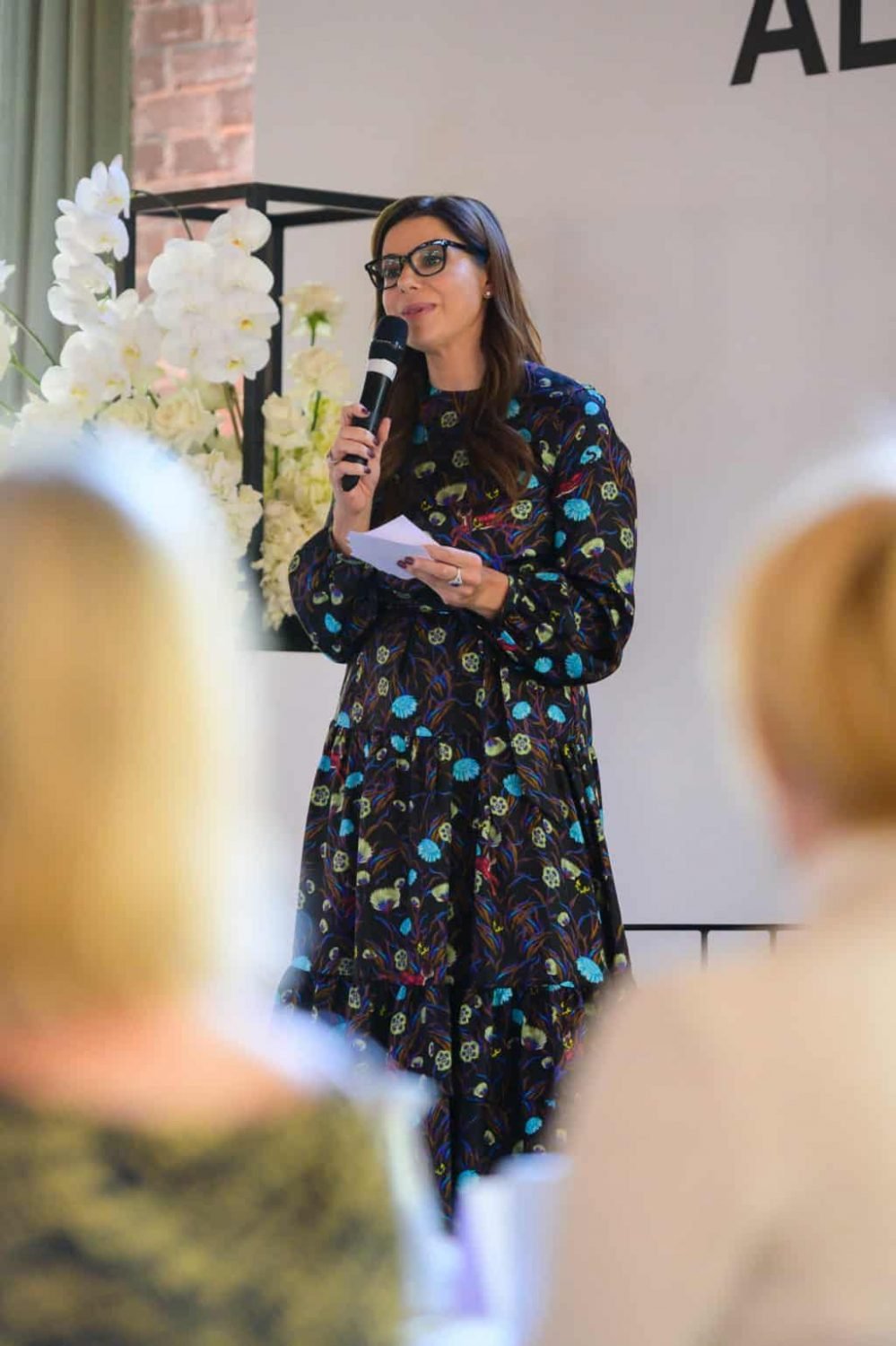
AllBright is a “community which celebrates and champions women to inspire change”; inspiration spread via their members’ club, the AllBright Academy which includes digital courses arming women with the necessary skills and tools to succeed in their careers, and live events.
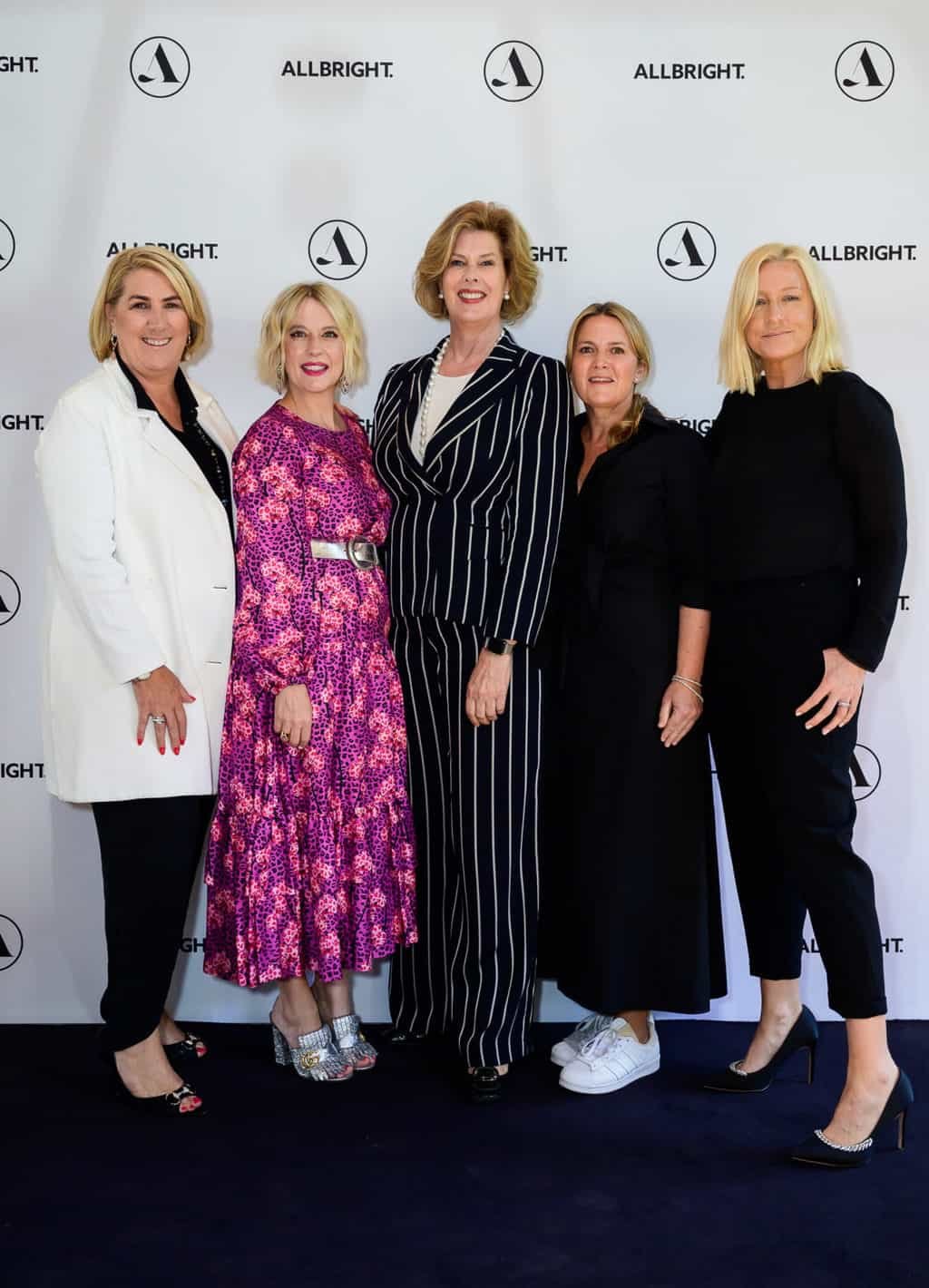
Introducing AllBright to the Australian market, Paula Joye, Editor at Large of INSTYLE who also runs her own website www.thejoye.com emceed an influential panel of women including Debbie Wosskow OBE, Deborah Thomas, former Editor in Chief of The Australian Women’s Weekly and former CEO of Ardent Leisure; Donna Hay, Food Stylist, Author and Magazine Editor; and Joe Pollard, Senior Advisor of the Minderoo Group as well as the Senior Advisory Consultant of Australian Trade and Investment Commission (Austrade). In this panel they shared the lessons and personal experiences that have helped shape who they are today; successful and inspirational.
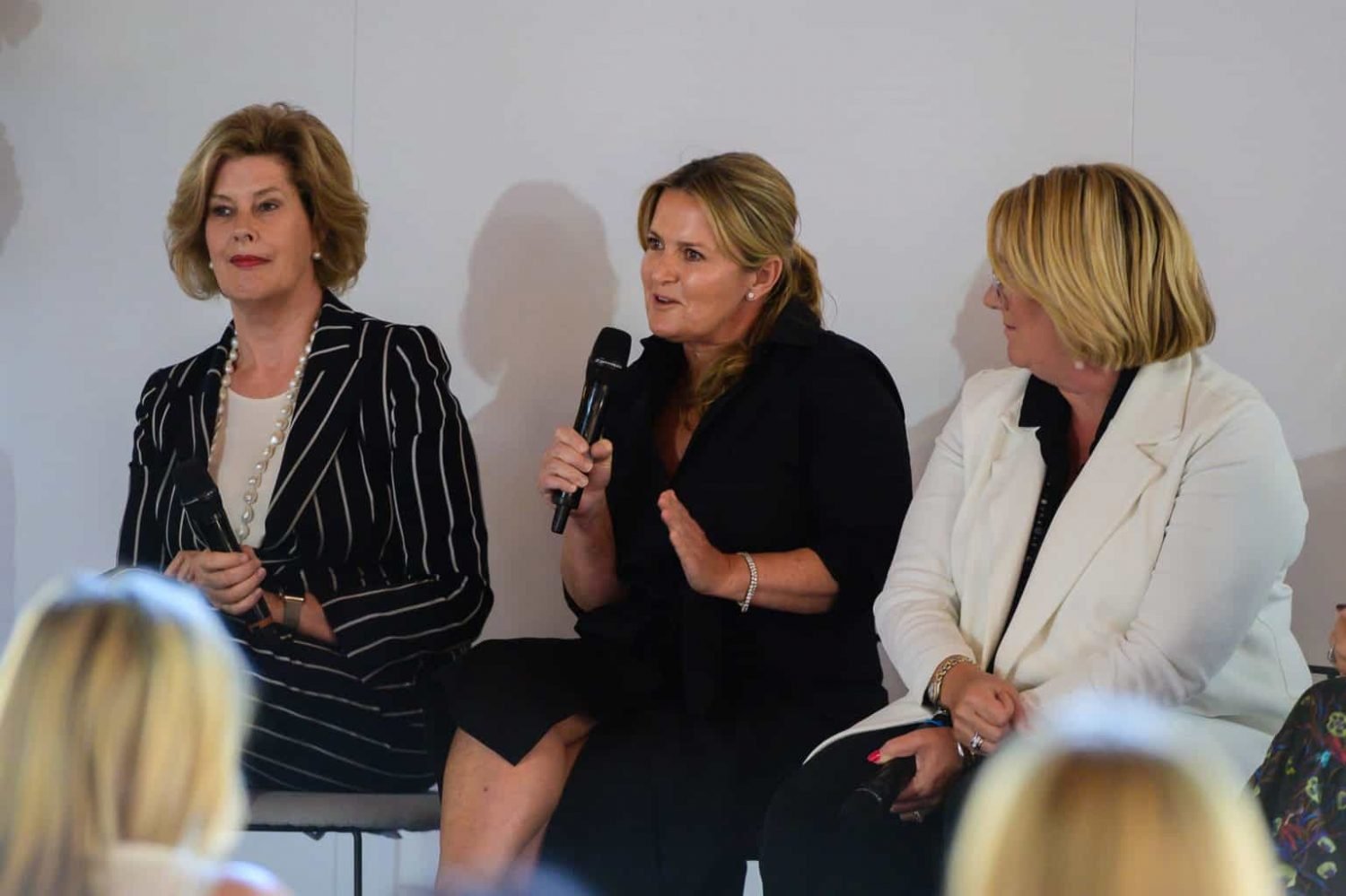
Paula Joye: I think for some of the people in the room, everybody knows you now as Donna Hay, but I met you tying string around some cookies on a studio floor 30 years ago. I just think it would be really beneficial for people to hear about how you started.
Donna Hay: I think that getting to where you want to be is more about your attitude and resilience. It’s a long marathon and there’s lots of setbacks. I think there’s lots of listening involved and where you think you’re going to end up is not always where you’re going to be so I think just keeping an open mind. Listen to other peoples’ comments and really take them on board – that is important; whether you’re going to act on them or not is another thing. But, I think your ability and stamina, more than anything, to be resilient, to keep going, to have friends supporting you, to pick you up, dust you off and push you back into the game is important.
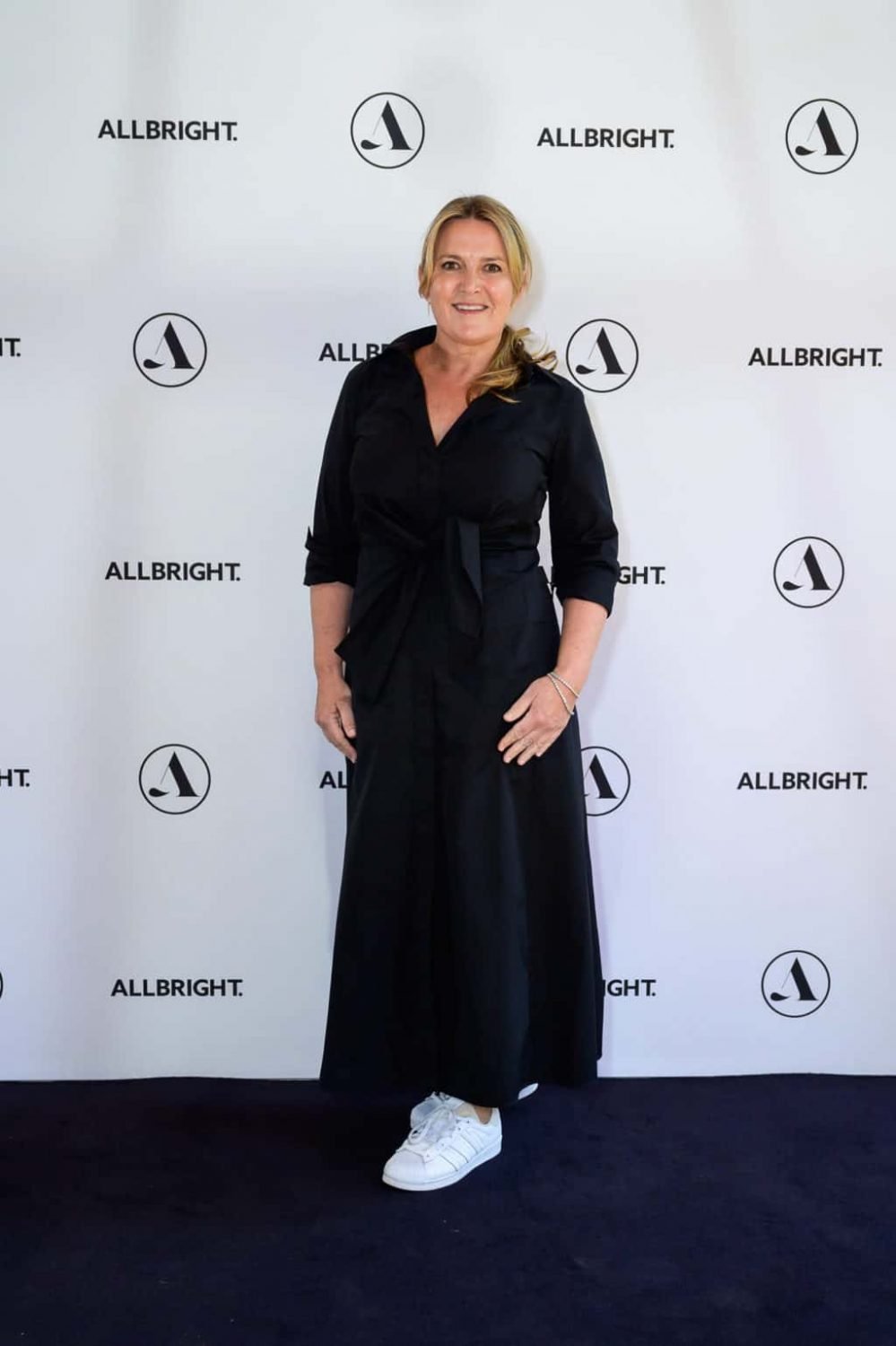
Well, there’s just one thing that I always fall back on and that is if my content is the best it can be, then everything will be okay. So, that’s kind of my mantra that I fall back on, and I was kind of taught that when I was coming up through the ranks. It didn’t matter what was happening, what budgets were falling around me, anything; all the noise. I just knew if I could get back to my studio and make my content the best it could be for every single reader, then everything would be okay. Not sure if it’s going to be…but I keep doing it.
Paula Joye: Deborah, Your career spans over 35 years in serious corporate worlds. You’re a member of the Chief Executive Women’s Association and have supported women throughout their careers; certainly mine. Can you talk to us about the changes that you’ve observed from within the workplace over those three decades?
Deborah Thomas: I would say that one of the pivotal moments in my career, and probably for many people in this room as well, was the GFC. The GFC changed everything for me as I realised careers are not always linear, and that you can be in a situation where you’re going on a certain path and then there’s total disruption, so you have to rethink what you’re going to do next. This was something that I faced in my media career, at that particular time and I think it’s really important, for women and for men, to think about the skills they have, what those skills are and how those skills are transferable to other jobs and other areas we may not have explored.
Often we think these skills are just about our experience in a particular role, but those skills may be your leaderships skills, your ability to adapt, your resilience, your EQ, your understanding of strategy and what’s required to achieve the best outcome. It’s understanding these skills and how they may be used elsewhere to take you forward, because it is difficult to face major disruption. The world is changing very quickly. I know it’s a cliché, and I’m sure there’s many of you sitting there thinking ‘what was right 12 months ago is not going to be right for me in 12 months time’. Is there still a customer there? Is there a disruptor that’s going to change everything? So, you talked earlier about pivoting, but to me it’s about understanding you skills set, as well as your potential and experience.
One thing I will say and I’m probably going to be the negative person here, but women have come a long way and they are fantastic at supporting each other at a certain level, but unfortunately the higher you go, the more difficult it sometimes is to find women that can support you, because a lot of women are still in a position where they’re always having to cover themselves; they’re trying hard to find their place in the corporate world too. This was certainly the case in my short time as CEO of an ASX200 company, where there were more men called Peter than female CEOs.
I thought we’d come a long way in magazines because we’re very collegiate, we’re very much about women helping women, but when I got into the corporate world I realised that this was not always the case. The sector was dominated by men with few women in executive roles. There needs to be more done to support senior women. I know we’re making moves in the right direction, particularly in regard to women on boards; we’re almost at 30% and that’s great but there’s still another 21% to go until we have parity with men. What I want to see though, is more women going into management and executive roles, and in order to do that we need sponsors who support women and help them move up the ladder. We need to develop and demonstrate our skills set, as well as our experience and potential, and I think that we need to believe in ourselves a lot more. And, as it was said earlier, where men may only feel they need to tick six out of 10 boxes to go for the higher position, women often feel they need to tick all ten. I think you have to be brave and put yourself forward for promotion, rather than just wait to be noticed and tapped on the shoulder. Men certainly know that.
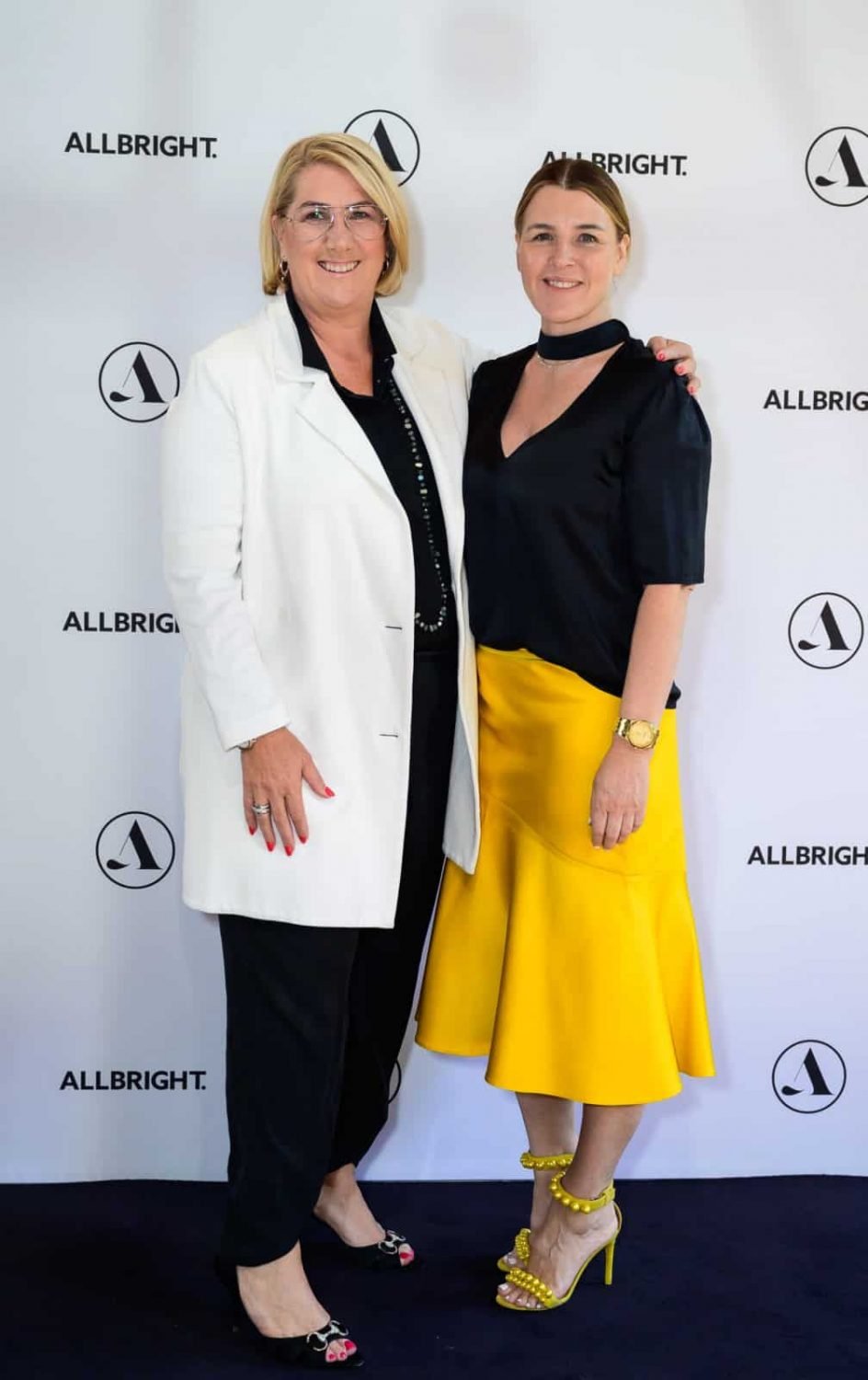
Paula: Thank you Deborah, and that’s a perfect segue leading to you Joe because you have a career leading multi-global, multi-national, huge corporations and indeed a reputation for empowering women. Can you talk a little about your career and how you landed your first CEO role?
Joe Pollard: My career has sort of taken me in lots of different directions. I started off at the lowest of low, as the receptionist at an advertising agency. I don’t have a degree, I started straight out of school. Advertising and marketing just became my passion and that’s been the last 35 years. I left to go overseas when I was 25 to do two years in Hong Kong, that left me on a journey of 16 years overseas working for a phenomenal company in Nike. And I think every time I pivoted, I spent 22 years in two companies in the first part of my career, and it’s because they gave me such an awesome opportunity so I never felt the need to leave and I loved every minute of it. But every time I moved, I pivoted to a different part of marketing. I started in agencies, then went client.
When I came home, I was determined to work for a media writer because I knew that if I wanted to be a CEO I needed to run revenue, because you don’t get to be a CEO if you’re in marketing; you have to learn to run revenue. That lead me to a media career and then communication and board roles. My first CEO role was when I went for the role at 9MSN. I’d been working for PBL Media. I missed out on the role and the feedback was: ‘You don’t have any CEO experience’ to which I said ‘Well, how do you ever get to be a CEO then?’ And so I was rejected, and it was the first time I had been rejected, I was 42 years old and I’d never been rejected in a role and it was devastating. The guy who took the job, in the end took it back and said ‘I don’t want it’ after they had announced it, and David Gyngell called me. He was running Channel 9 and said ‘What are you going to do about that?’ and I said ‘Well, they rejected me…’ and he told me to just buck up and shut up and call and demand that they give me the job because they should’ve given it to me in the first place. So I had to swallow my pride and I called for a meeting with four of the board directors and said ‘I know you didn’t pick me the first time, but you need to give me this job because I’ll prove that I’ll be the best CEO that 9MSN has ever had’.
A lot of the time when you’re at the lowest of the low and you feel like you can’t do stuff it’s in those moments that you realise that you can get your courage, and I think that was the case for me. When you get your first CEO gig you think ‘Okay, I can do it’ and then it accelerates from there.
Paula Joye: I think that’s so wise. I don’t know any successful woman who hasn’t been rejected, who hasn’t been fired or entrepreneurs that haven’t failed. I love Malcolm Turnbull’s words on entrepreneurs. He says: “Every entrepreneur fails, but the secret to great ones is that when you fail, you fail fast.”
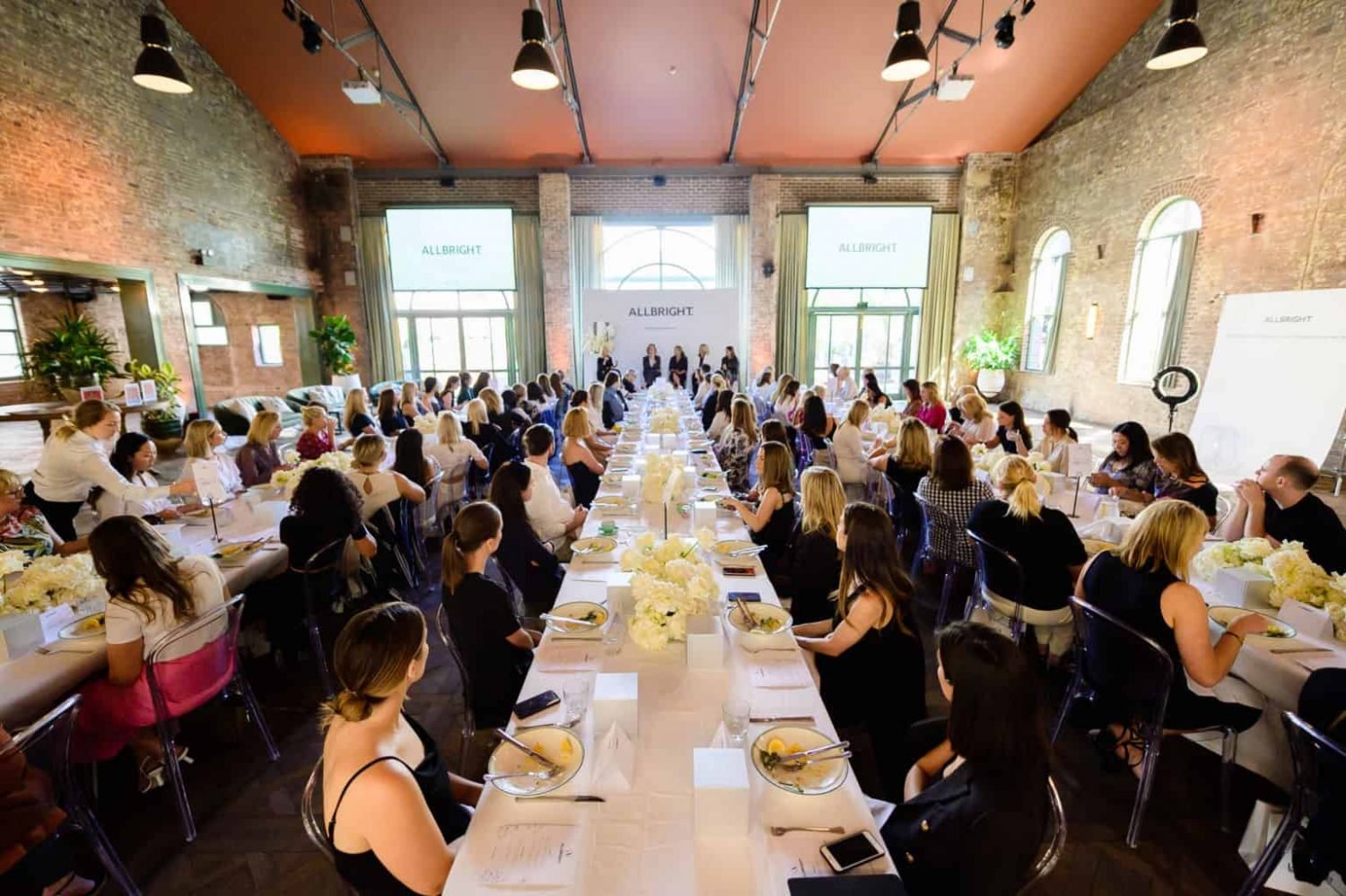
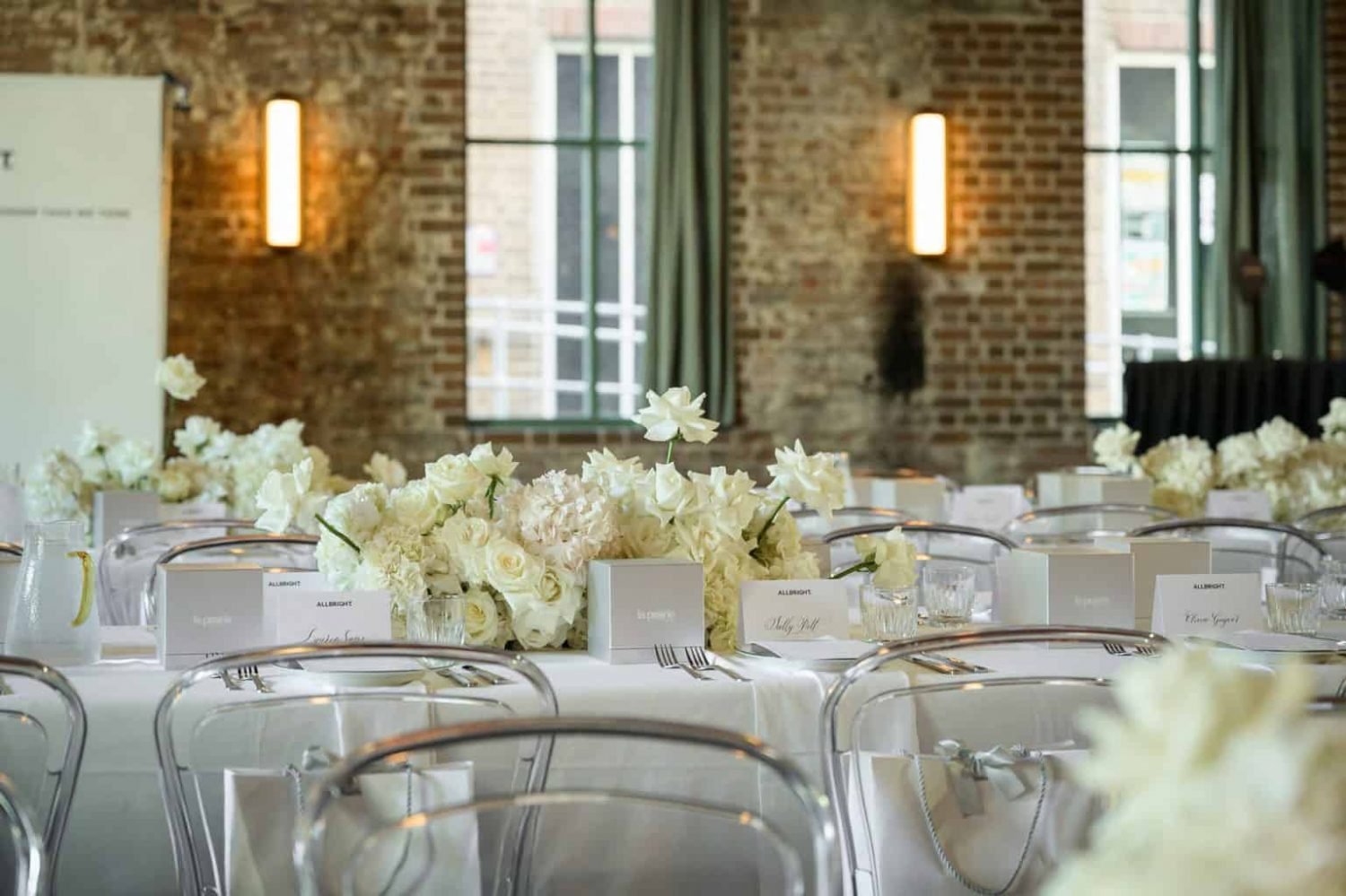
For more information, visit www.allbrightcollective.com






